简体中文
繁體中文
English
Pусский
日本語
ภาษาไทย
Tiếng Việt
Bahasa Indonesia
Español
हिन्दी
Filippiiniläinen
Français
Deutsch
Português
Türkçe
한국어
العربية
FCA Prosecutes £1.3m Facebook Ponzi Targeting Retail
Abstract:FCA prosecutes £1.3m Facebook-based Ponzi scheme targeting retail investors, highlighting rising social media investment fraud and regulator enforcement.
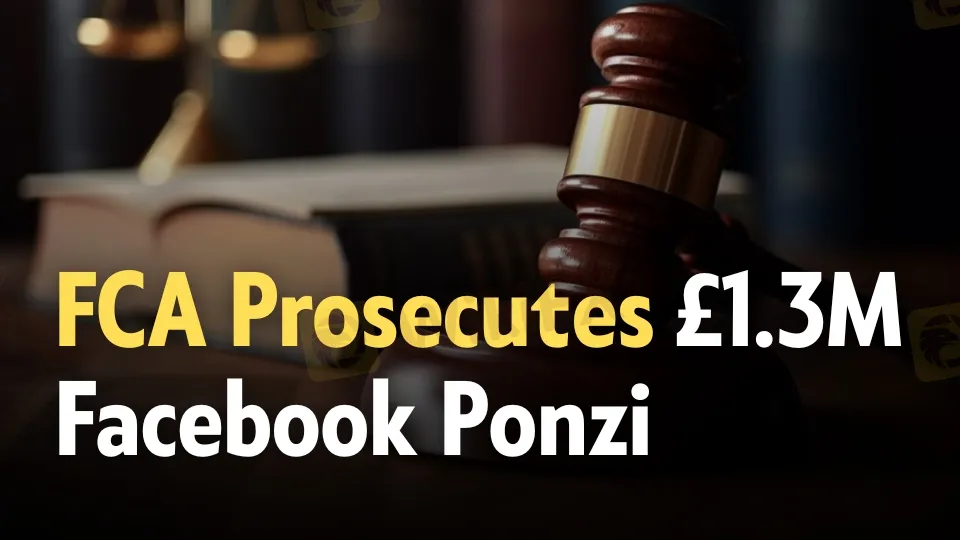
The UK Financial Conduct Authority secured the conviction of Daniel Pugh for operating a £1.3m Ponzi scheme via the Imperial Investment Fund, which targeted 238 investors—largely recruited through Facebook—with promises of 1.4% daily, 7% weekly, or 350% annual returns. Pugh was found guilty of conspiracy to defraud, having already admitted to unauthorised regulated activity in breach of sections 19 and 21 of the Financial Services and Markets Act 2000, with confiscation proceedings to follow. The FCA emphasized its focus on tackling financial crime and noted another individual remains wanted in connection with the case.
Financial Scams on Social Media Platforms
Regulators across North America report that financial scams increasingly originate on mainstream social and messaging platforms—Facebook and X (31.7%), Telegram and WhatsApp (31.3%), with TikTok/Instagram Reels (19.0%) and YouTube/Vimeo (14.1%) also significant vectors—underscoring how social reach amplifies fraud exposure. Authorities warn that AI-generated content and deepfakes are accelerating these threats, with 38.9% of regulators expecting more polished, deceptive materials and 22.2% anticipating increased impersonation attempts in 2025.
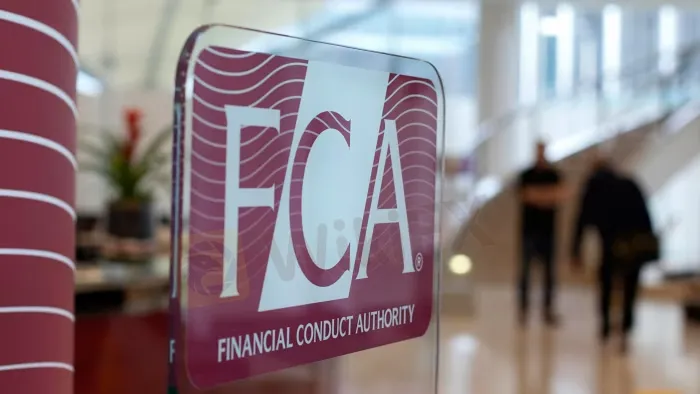
Millennials, Gen Z, Social Media, and Financial Advice
The trend intersects with younger investors‘ behavior, where social platforms serve as a perceived alternative to traditional guidance—a dynamic that fraudsters exploit through aggressive marketing, emotional persuasion, and outsized return claims. These patterns mirror the Pugh case’s reliance on social ads to solicit deposits, highlighting the risk when investment decisions are influenced by social media narratives rather than regulated advice channels.
Regulators Response to Online Investment Fraud
Supervisory bodies are intensifying public warnings and investor education efforts on social platforms, pairing enforcement with prevention to curb the spread of online investment fraud. NASAAs 2025 threat list elevates social media schemes and crypto-tied promotions as priority risks, urging vigilance around pressure tactics, unregistered promoters, and guaranteed-returns messaging.
CySEC Campaign Against Fake Financial Scams
The Cyprus Securities and Exchange Commission has launched a social media campaign warning investors about impersonation and fake affiliations, stressing that the regulator does not send unsolicited emails, request money, or conduct compensation or recovery actions, and urging verification of any contact claiming CySEC ties. The initiative targets “double victimization” attempts, where fraudsters approach prior scam victims with bogus recovery offers while misusing CySECs identity.
Why It Matters
- Ponzi scheme fraud Daniel Pugh conviction: The case exemplifies how high-yield promises and social recruitment combine to inflict large-scale investor harm in a short period.
- Financial scams on social media platforms: Data-driven insights from regulators show scams cluster on mainstream apps and video platforms, increasingly boosted by AI tools that mimic credibility.
- Regulators response to online investment fraud: Cross-border regulators are escalating both enforcement and real-time public alerts to counter evolving digital fraud vectors.
- Millennials, Gen Z, social media, financial advice: Younger cohorts reliance on social content for financial decisions elevates exposure to unlicensed promoters and deceptive campaigns.
- CySEC campaign against fake financial scams: Direct, platform-native warnings help investors spot impersonation, avoid sharing sensitive data, and verify outreach before acting.
Don't miss out on the latest news from FCA. Scan the QR code below to dowload and install the WikiFX app on your smartphone.

Disclaimer:
The views in this article only represent the author's personal views, and do not constitute investment advice on this platform. This platform does not guarantee the accuracy, completeness and timeliness of the information in the article, and will not be liable for any loss caused by the use of or reliance on the information in the article.
Read more

Datuk Seri Linked to RM8.4 Million Gold Investment Scam Under Police Probe
Malaysian police are investigating a gold investment scam that has cheated 37 people out of more than RM8.4 million, with a businessman holding the honorific title ‘Datuk Seri’ believed to be the mastermind.
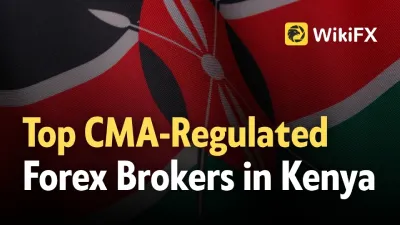
Top CMA-Regulated Forex Brokers in Kenya 2025
Looking for safe, CMA-licensed forex brokers in Keny0 2025? See the latest regulated brokers, what CMA oversight means, and how to verify any broker fast.
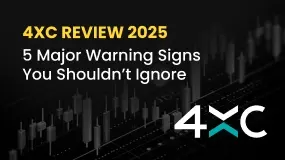
4XC Review 2025: 5 Major Warning Signs You Shouldn’t Ignore
Investment scams are prevalent in the forex market. You need to stay alert to protect yourself from these kinds of scams. Otherwise, you could end up penniless, as fraudulent brokers may swindle your money. To stay informed in this market, read the major warning signs associated with 4XC.
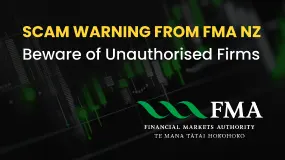
Scam Warning from NZ FMA: Beware of Unauthorised Firms
SCAM ALERT! New Zealand regulator, the Financial Markets Authority (FMA), has issued a public alert about ten unauthorized firms operating illegally. Here is the list of ten unlicensed firms.
WikiFX Broker
Latest News
Charles Schwab Forex Review 2025: What Traders Should Know
The Global Inflation Outlook
What WikiFX Found When It Looked Into XS
Datuk Seri Linked to RM8.4 Million Gold Investment Scam Under Police Probe
The Psychology Behind the Ascending Triangle Pattern in Forex
Olymptrade Review 2025: Is It Safe or a Risky Bet?
Revealing the Art of Forex Spread Betting
EC Markets Enters Mexico City, Accelerates LATAM Push
Scam Warning from NZ FMA: Beware of Unauthorised Firms
Top CMA-Regulated Forex Brokers in Kenya 2025
Currency Calculator


